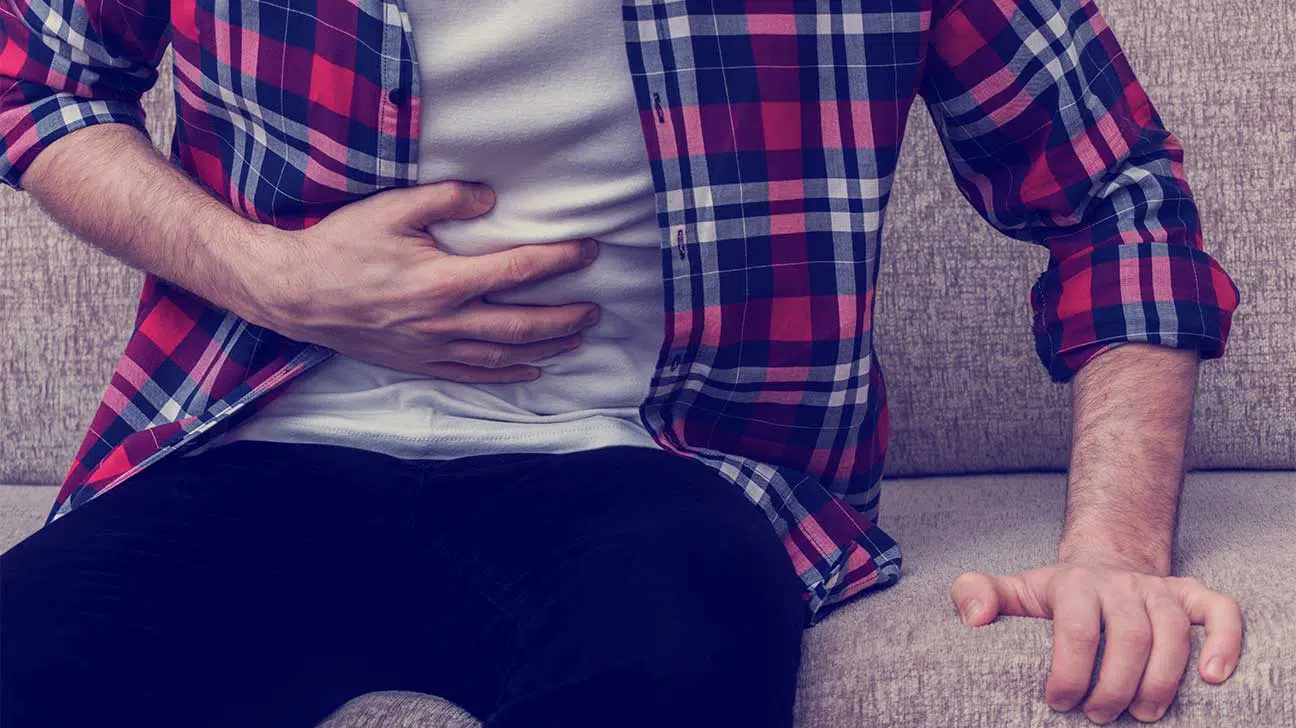
Diarrhea is a common symptom of alcohol and drug withdrawal. Although it’s not a symptom many like to talk about, it can be helpful to understand how and why it happens.
Read more about detoxing from alcohol
What Causes Diarrhea During Alcohol Detox?
Diarrhea can occur as part of the body’s response to the lack of alcohol in a person’s system, otherwise known as alcohol withdrawal syndrome.
Alcohol withdrawal affects various systems in the body, including the central nervous system and cognitive function. Gastrointestinal disturbances such as diarrhea are common.
Alcohol Withdrawal And Diarrhea
Alcohol withdrawal specifically occurs in people with alcohol dependence, which can develop as a result of frequent, heavy drinking.
Signs of alcohol dependency include:
- increasing how much you drink over time
- excessive alcohol consumption
- frequent binge-drinking
- spending most of your time thinking about alcohol
- feeling psychologically addicted to alcohol
- feeling physically sick within hours of your last drink
Diarrhea isn’t typically the first sign of withdrawal that develops when you stop drinking. However, it may occur within the first 72 hours, or three days of abstinence.
Can Alcohol Addiction Cause Diarrhea?
Digestive issues and gastrointestinal disturbances may develop as a result of chronic alcohol abuse and addiction. This can be a sign from your body that something’s wrong.
Although alcohol withdrawal can be very uncomfortable, and potentially dangerous, this can also be described as the body’s attempt to recover from excessive substance use.
Is Diarrhea During Alcohol Detox Dangerous?
Diarrhea by itself isn’t a life-threatening alcohol withdrawal symptom. However, it can contribute to dehydration if you’re not consuming enough food or water.
Furthermore, diarrhea can also cause electrolyte imbalances for the same reason, if you’re not taking in enough nutrients during detox.
Both severe dehydration and electrolyte imbalances can become serious medical concerns if not appropriately managed and treated.
When To Get Help During Alcohol Detox
Mild alcohol withdrawal can sometimes be managed at home with medical supervision or support from your medical doctor.
However, if symptoms become serious, it’s important to seek help from a medical professional right away. Some severe alcohol withdrawal symptoms can be life-threatening.
Signs of severe alcohol withdrawal may include:
- severe agitation
- confusion
- abnormal heart rhythm
- rapid heart rate
- hallucinations (i.e. a sign of delirium tremens)
- very high body temperature
- high blood pressure
- seizures
Moderate and severe alcohol withdrawal should be treated in a detox facility, hospital, or alcohol treatment center. This can help prevent serious health problems during detox.
Coping With Alcohol Detox Diarrhea
Inpatient detox programs and outpatient alcohol detox may offer treatment for moderate symptoms like diarrhea during the alcohol detoxification process.
What you can do for diarrhea if you’re detoxing from home:
- Electrolytes: Consider stocking up on drinks containing a lot of electrolytes, like Gatorade, Powerade, or Pediasure. This can help prevent severe dehydration.
- Over-the-counter medication: Some medications available over-the-counter, like Imodium (loperamide) may shorten the duration of or help treat diarrhea.
- Avoid irritants: Try to avoid foods and other substances that can irritate the stomach, like spicy food, hot drinks, and acidic foods or drinks.
- Drink water: Diarrhea can dehydrate the body. During detox, staying hydrated can be crucial to preventing severe withdrawal and severe dehydration.
- Supplements: Taking B1 supplements (thiamine) and multivitamins during the detox process are strongly recommended to help prevent severe withdrawal.
If you’re detoxing from alcohol at home, seek medical advice before taking any supplements or medications for diarrhea during alcohol detox.
A healthcare provider may be able to offer guidance on how to manage discomfort during alcohol detox, and when it may be time to seek inpatient medical care.
How Long Diarrhea Lasts During Alcohol Detox
Diarrhea may develop within the first 72 hours of your last drink of alcohol, and will generally last no longer than a few days after.
How long it takes for the body to recover from alcohol withdrawal and the detoxification process can vary somewhat from person to person.
Factors that can affect the alcohol withdrawal timeline:
- personal factors such as age
- the severity of alcohol dependence
- history of substance abuse
- illicit or prescription drug misuse
- certain medical conditions
- poor liver function
Within a detox program, symptoms like diarrhea and other lasting symptoms of alcohol withdrawal can be safely and effectively managed with medical treatment.
Find Alcohol Detox At A Rehab Center Near You
Diarrhea is one of several physical symptoms that can develop as a result of alcohol withdrawal in people with an alcohol use disorder.
If you or a loved one needs help to stop drinking alcohol, call our helpline today to find nearby detox and alcohol addiction treatment options.
Addiction Resource aims to provide only the most current, accurate information in regards to addiction and addiction treatment, which means we only reference the most credible sources available.
These include peer-reviewed journals, government entities and academic institutions, and leaders in addiction healthcare and advocacy. Learn more about how we safeguard our content by viewing our editorial policy.
- American Family Physician — Outpatient Management of Alcohol Withdrawal Syndrome
https://www.aafp.org/afp/2013/1101/p589.html - U.S. National Library of Medicine: MedlinePlus — Alcohol withdrawal
https://medlineplus.gov/ency/article/000764.htm - U.S. National Library of Medicine: NCBI Bookshelf — Withdrawal Management - Clinical Guidelines for Withdrawal Management and Treatment of Drug Dependence in Closed Settings
https://www.ncbi.nlm.nih.gov/books/NBK310652/


